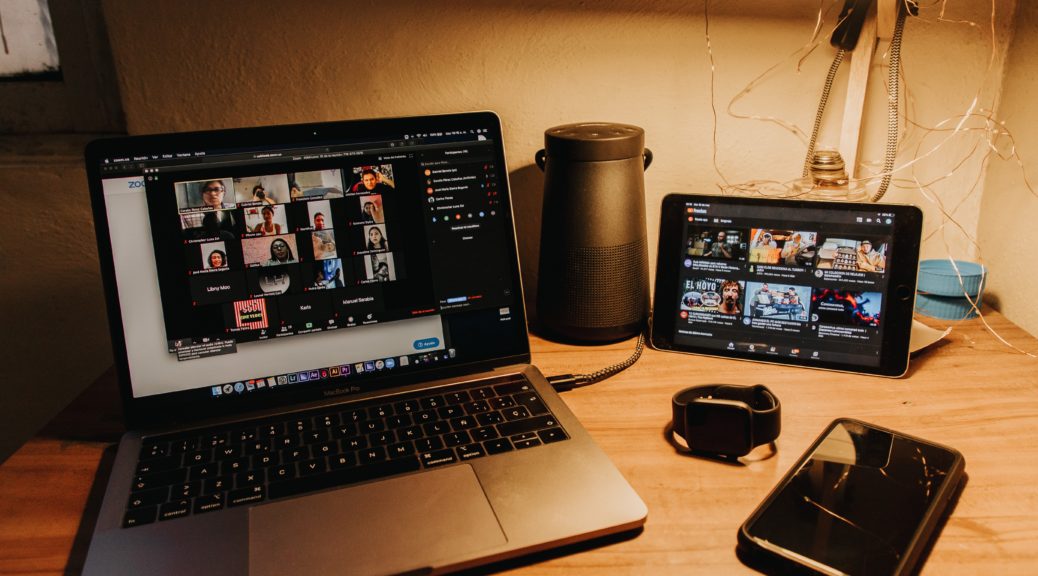By Eileen Kim
Edited by Natalie Grace Sipula
[3 minute read]
When I was younger, I understood the concept of practice in the context of the Merriam Webster Dictionary definition: “to perform or work at repeatedly so as to become proficient”. As a child who participated in many sports and played multiple musical instruments, practice referred to the events I worked on to improve my technical skills. At practice, I would learn how to do better through acts of repetition and intentional change.
Eventually, I chose to centralize my practice towards my passion for dance. With my goal of becoming a professional ballet dancer, practice took on a whole new layer of meaning. I worked daily and repeatedly at a set of physical movements in ballet to improve and refine my technique. This repetition led to growth and mastery within ballet and my practice became understood as a necessary means that would result in self-improvement.

As I got older, my conception of practice began to evolve. My practice became grounded in the habitual sense of coming back to something. There was still a level of mastery that I was after, but it was more so realized as a continuous and infinite pattern that I felt compelled to return to. Year after year and almost every day, I would start again at the ballet barre where I would repeat the same series of physical movements. But the sameness of this repetition never bored me, because everyday was different and I was different everyday. Every day brought its own joys and challenges, and everyday I came back with 24 more hours of lived experience. Everything surrounding me was in a constant state of change and the stability of my daily practice became like a refuge for me, one that I could always return to and find comfort in.
As I reflect on how I approach my practice in the present, I have found that in many ways, practice is similar to a routine. The habitual nature of both concepts are the same, but practice puts an intentionality to the repetition and implies a sense of growth. The contents of our daily routines can be the same as our daily practices, but approaching our daily routines as daily practices can drastically reframe how we approach our lives. For me, practice no longer only refers to the physical practice I put into my dancing body. My daily practices encompass how I approach my life, what I eat, what time I go to sleep, how I take care of my body, and how I take care of my mind.
Continue reading Return to Practice





